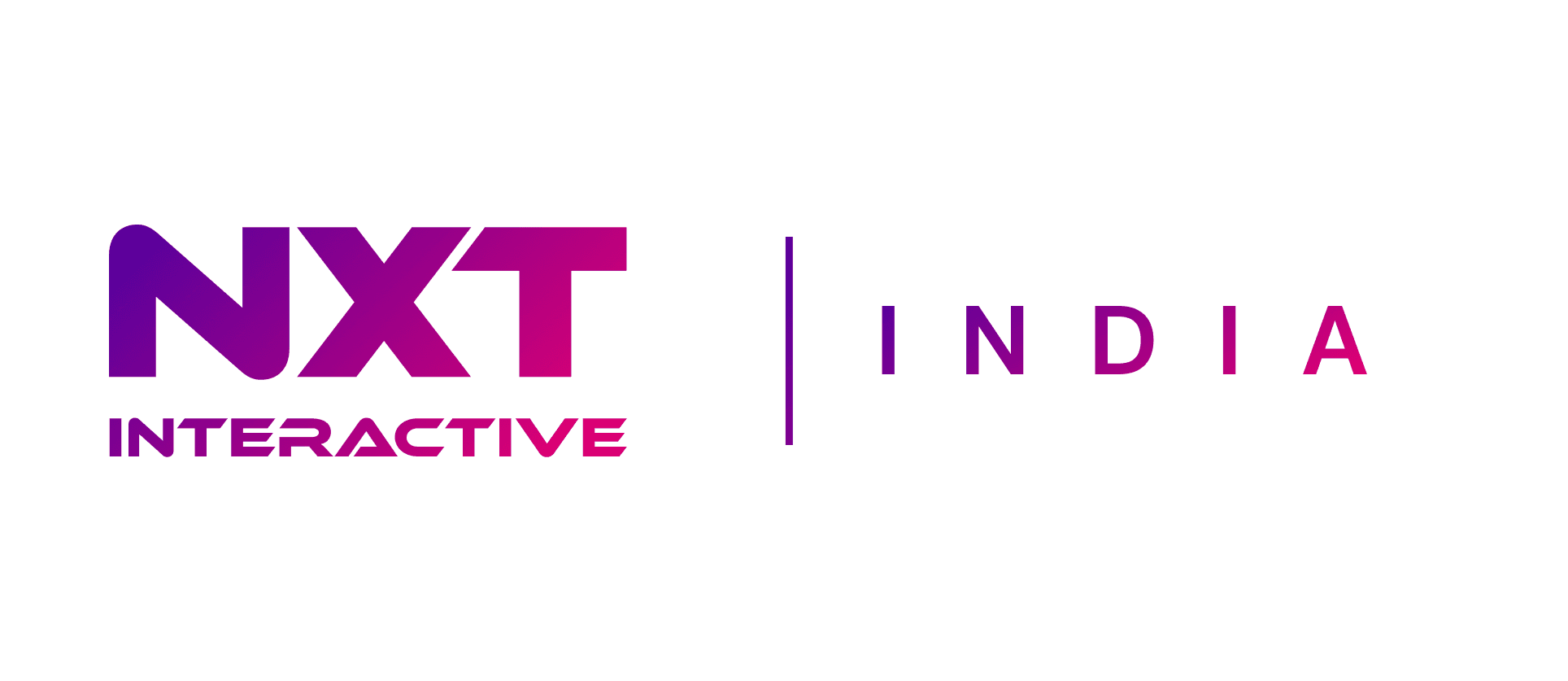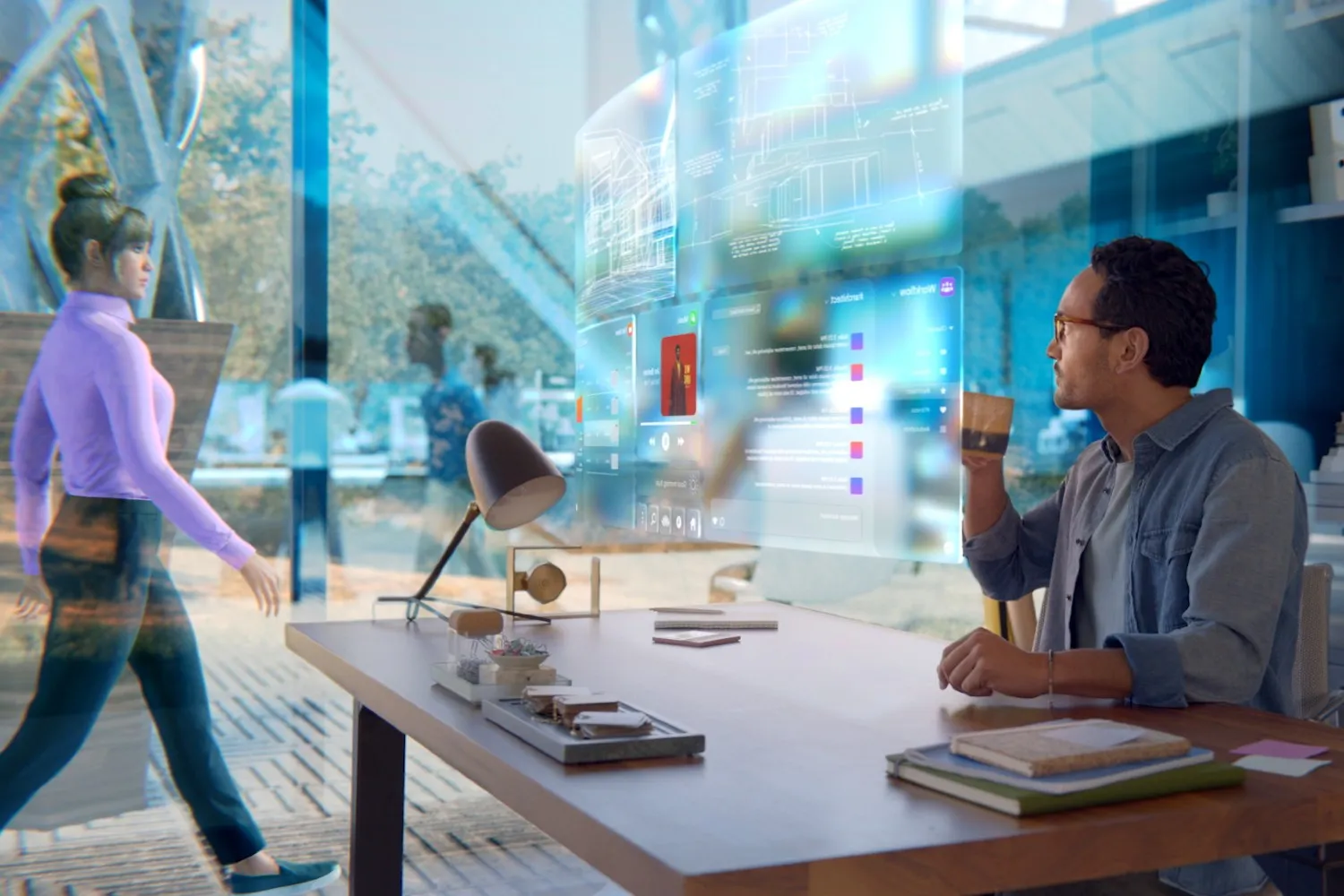May 16, 2024
Introduction
As the digital landscape evolves, the metaverse emerges as the next frontier for work and collaboration. This virtual universe, a convergence of augmented reality (AR), virtual reality (VR), and the internet, promises to revolutionize how we interact, create, and collaborate. One of the key technologies poised to drive this transformation is GPT-4, OpenAI's latest language model. With its advanced capabilities, GPT-4 can enhance communication, streamline project management, and act as an intelligent assistant in virtual meetings, making the metaverse a more productive and inclusive space.
Real-Time Language Translation
One of the significant challenges in global collaboration is the language barrier. In the metaverse, where users from different linguistic backgrounds interact seamlessly, real-time language translation becomes crucial. GPT-4 excels in natural language processing and translation, offering real-time, contextually accurate translations. This capability can facilitate smoother interactions, ensuring that language differences do not hinder collaboration.
Imagine a virtual meeting where participants speak different languages. With GPT-4 integrated into the metaverse, each participant can speak in their native tongue, while GPT-4 translates their speech in real-time for others. This feature not only enhances understanding but also allows for more nuanced and effective communication. By breaking down language barriers, GPT-4 enables a truly global workforce to collaborate effortlessly within the metaverse.
Efficient Project Management
Project management in the traditional workspace can often be cumbersome, involving multiple tools and platforms to track progress, assign tasks, and manage deadlines. In the metaverse, GPT-4 can revolutionize this process by providing a centralized, intelligent project management system.
With its ability to understand and process large volumes of information, GPT-4 can integrate various project management tools into a cohesive system. It can automatically update project statuses, send reminders, and even predict potential delays based on current progress. For instance, if a team is working on a complex project, GPT-4 can analyze the project's timeline, identify potential bottlenecks, and suggest actionable solutions to keep the project on track.
Moreover, GPT-4 can facilitate more interactive and engaging project management experiences. Instead of sifting through emails and documents, team members can interact with a virtual project board, where GPT-4 provides real-time updates and insights. This not only streamlines project management but also makes it more intuitive and accessible.
Intelligent Meeting Assistants
Meetings, whether physical or virtual, are integral to any collaborative effort. In the metaverse, GPT-4 can serve as an intelligent meeting assistant, transforming how meetings are conducted and managed.
Firstly, GPT-4 can handle routine tasks such as scheduling meetings, sending invites, and setting agendas. During meetings, it can transcribe conversations in real-time, providing accurate and searchable records of discussions. This feature is particularly useful for maintaining clarity and accountability, as team members can refer back to specific points without relying on memory.
Additionally, GPT-4 can enhance the productivity of meetings by providing relevant information and insights on demand. For example, if a team is discussing a particular issue, GPT-4 can instantly pull up related documents, data, or previous discussions, providing valuable context and reducing the time spent searching for information. Post-meeting, GPT-4 can summarize key points, action items, and deadlines, ensuring that everyone is on the same page and knows their responsibilities.
Enhancing Inclusivity and Accessibility
One of the profound impacts of the metaverse, amplified by GPT-4, is the potential to create a more inclusive and accessible work environment. Virtual spaces can be designed to accommodate different needs and preferences, allowing everyone to participate fully.
GPT-4 can assist users with disabilities by providing real-time transcriptions, translations, and summaries, ensuring that all team members can engage with the content regardless of their physical abilities. Furthermore, GPT-4's ability to understand and generate human-like text can help in creating more engaging and interactive virtual environments, tailored to diverse user preferences and needs.
Conclusion
The integration of GPT-4 into the metaverse represents a significant leap forward in how we work and collaborate. By enabling real-time language translation, efficient project management, and intelligent meeting assistance, GPT-4 can transform virtual workspaces into dynamic, inclusive, and highly productive environments. As the metaverse continues to develop, the role of advanced AI like GPT-4 will be crucial in shaping the future of work, breaking down barriers, and unlocking new possibilities for collaboration and innovation. The future of work in the metaverse is not just a possibility; it is an exciting and imminent reality.





